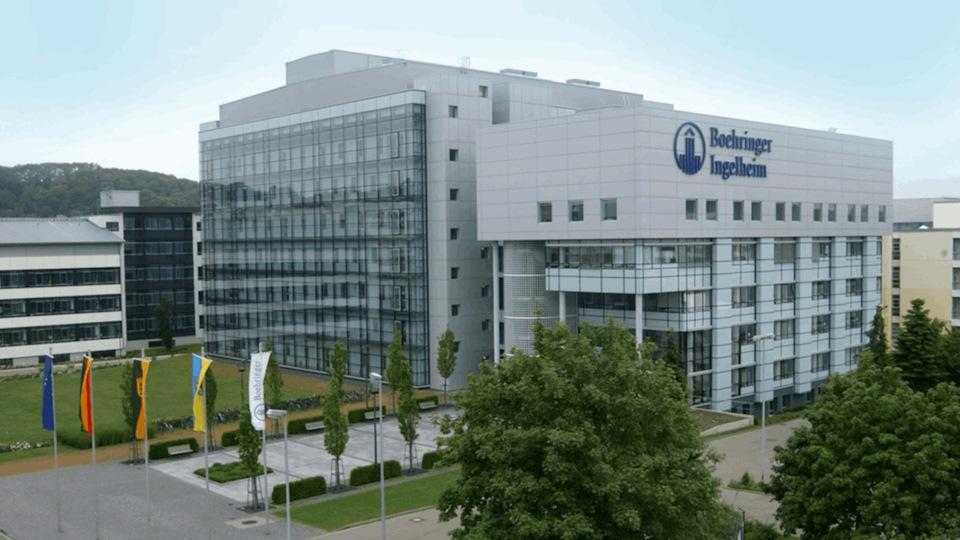BMS bolts on SystImmune bispecific ADC in $8.4bn deal

BMS’ chief medical officer Samit Hirawat
The litany of big-ticket deals involving antibody-drug conjugates shows no sign of ending. In the latest recitation, Bristol-Myers Squibb is paying $800 million upfront for rights to a HER3-directed ADC from China’s SystImmune in a deal that could swell to $8.4 billion.
It gives BMS rights to co-develop and co-commercialise BL-B01D1 in the US, with SystImmune retaining rights in mainland China and BMS gaining an exclusive license to the ADC – which targets both HER3 and EGFR – in the rest of the world.
HER3 is expressed in more than 80% of EGFR-mutant NSCLC, and overexpression is associated with poor outcomes, but no HER3-targeted drugs have been approved to date. BL-B01D1 is currently in an international phase 1 trial, looking at its safety and efficacy in patients with metastatic or unresectable non-small cell lung cancer (NSCLC).
Along with the $800 million upfront fee, BMS has agreed to another $500 million in contingent near-term payments, with $7.1 billion tied to the achievement of various development, regulatory, and sales performance objectives.
While ADCs are fast becoming a staple of cancer therapy, the technology continues to evolve with greater functionality added into the drug molecules. For example, the use of bispecific antibodies in place of the regular antibody component - as deployed in a recent $1 billion alliance between BioNTech and Biotheus – or protein degraders in place of the usual cytotoxic drug payload.
It is the second agreement in the ADC category for BMS in the last few weeks, coming after a smaller $180 million partnership with Orum Therapeutics on an ADC in the protein degrader class with potential as a treatment for acute myeloid leukaemia (AML) or high-risk myelodysplastic syndromes (MDS).
Other big deals in the ADC space in recent months include MSD’s $22 billion partnership with three candidates developed by Daiichi Sankyo – which also included HER3-directed patritumab deruxtecan – AbbVie’s $10.1 billion takeover of ImmunoGen, and Pfizer’s $43 billion acquisition of ADC pioneer Seagen.
“SystImmune’s BL-B01D1 adds yet another ADC to our diverse pipeline and helps strengthen our approach of matching the most appropriate therapeutic modality to areas of unmet medical need across solid tumour oncology,” said BMS’ chief medical officer, Samit Hirawat.
Patritumab deruxtecan, which is currently leading the anti-HER3 pipeline, has shown efficacy in heavily pre-treated patients with EGFR-mutated NSCLC previously treated with multiple EGFR inhibitors in a pivotal trial and is being prepared for regulatory filings.
Researchers have hypothesised that inhibiting EGFR and HER3 in tandem could lead to greater efficiency and also overcome resistance to currently available EGFR-directed drugs.













